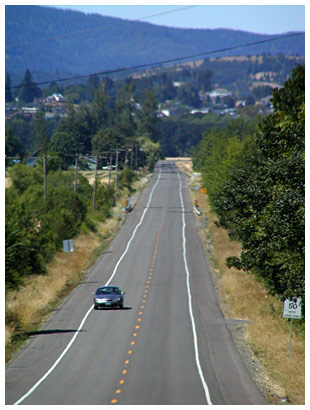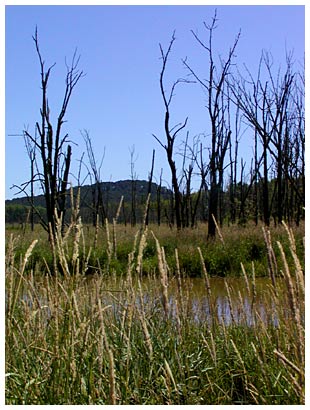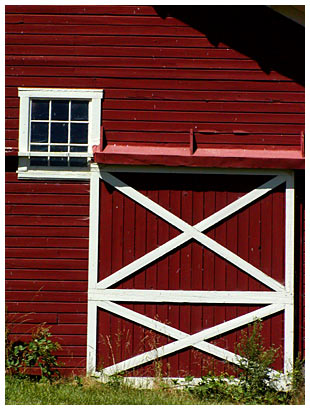OSCon Thursday
Some interesting points from the conference so far today:
- Developing countries equate software and Microsoft. They don't know about alternatives.
- Bradley Kuhn noted that most of the world isn't using computers yet—which means they haven't chosen an operating system yet. He argues that free software needs to expand to developing countries.
- Technologies like VXML (Voice-XML that powers automated phone systems) are more critical in non-literate societies.
- 33% of eBay's listings come in through their API. (That's millions of listings.)
- There's an analogy between the Domain Name System and current Web Services. Users and developers need to guard against lock-in points like the DNS government-granted monopoly to NetSol.
- Tim quoting Lao-Tzu: "Losing the way of life, men rely on goodness. Losing goodness, men rely on laws." Licensing agreements change. Company's strategies change. Since we're not following The Way, how do we hold on to the current Web Services goodness?
- The business case keeps the goodness according to Amazon and eBay. Both companies feel the economic pain when their developers fail, so they want to keep the developers successful. (Unlike traditional software platforms.) [My note: Though traditional software vendors do feel the pain of developer failures in the form of lost future revenue—unless you're a monopoly. But those are illegal anyway. heh.]
- Google declined to participate in the Web Services Bill of Rights talk.



